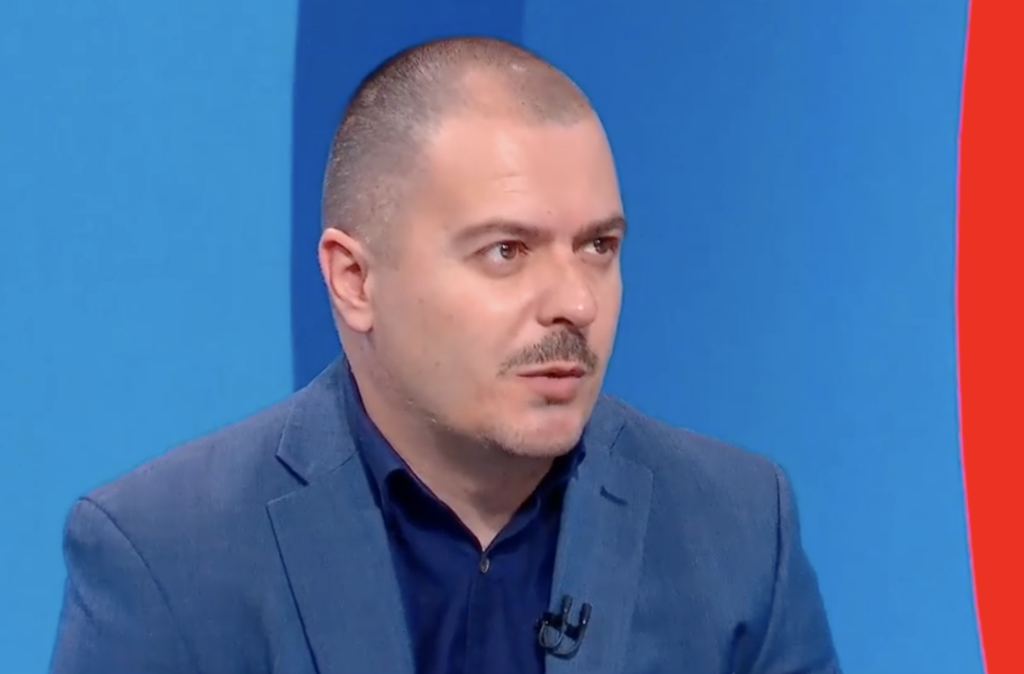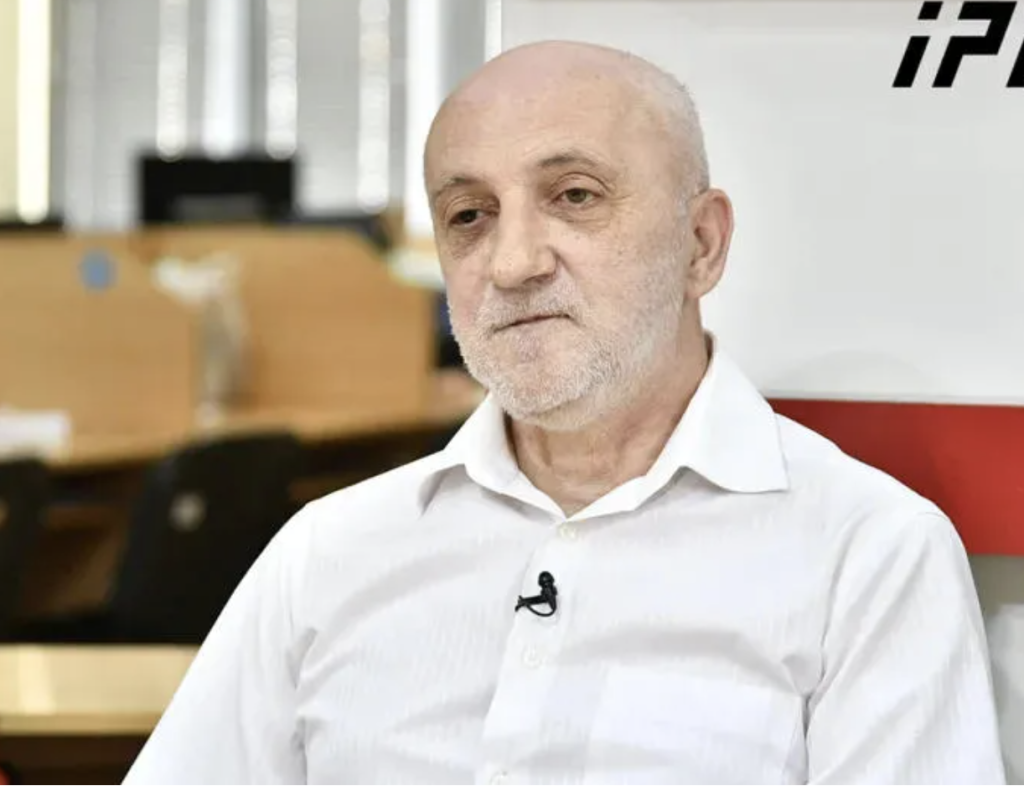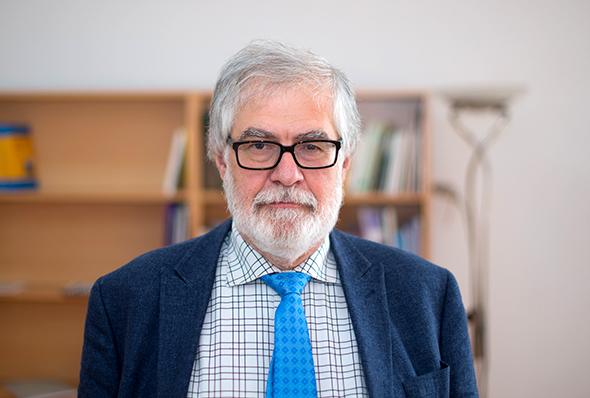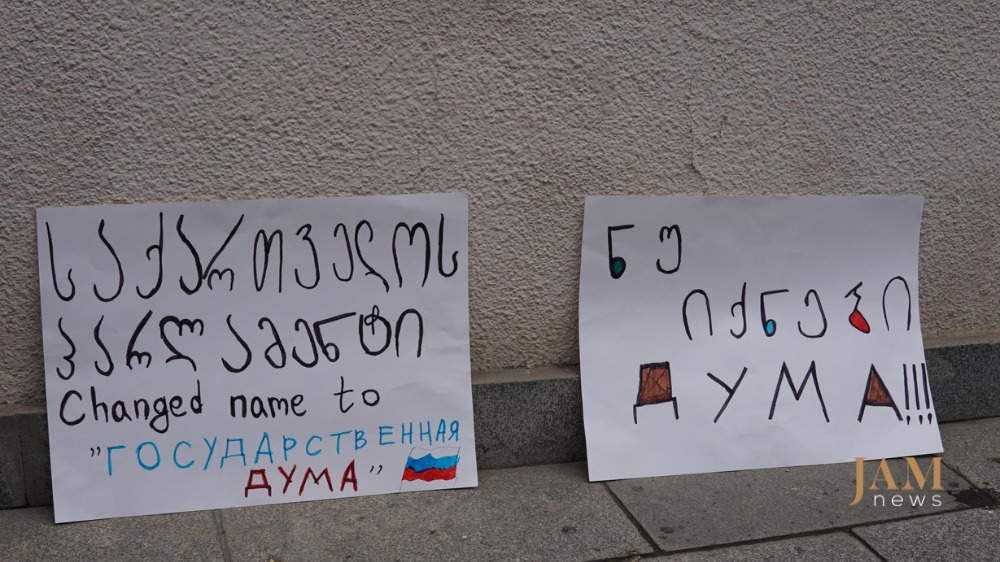Why Georgia's government seeks to reintroduce 'foreign agents' law: Expert views
Why “foreign agents” law in Georgia
On April 3, it was revealed that Georgia‘s ruling party has once again initiated the “foreign agents” law (“On the Transparency of Financial Activities of Non-Governmental Organizations”). This decision, made six months before the parliamentary elections scheduled for October 2024, significantly invigorated the sluggish political scene of recent months, reigniting protests and confrontation in the country.
JAMnews asked experts to assess this decision by the ruling “Georgian Dream” party. Why did they feel the need to reintroduce this bill, which was withdrawn a year ago?
Giorgi Shaishmelashvili, analyst:

“Georgian Dream” has shifted towards radically altering the country’s foreign policy trajectory to preserve its own power. Essentially, it means changing what has been built and created by generations of society, civil servants, and politicians over more than 30 years since gaining independence. This is a fundamental change, which will be unequivocal if the bill becomes law.
As for the domestic political space, it’s possible they will resort to violent actions. In other words, to maintain power, they will change their course both in foreign and domestic policy. They will resort to electoral authoritarianism, which they have already begun transitioning to. Within the country, they are attempting to eradicate all points of freedom, particularly targeting civil society, non-governmental organizations, and independent media. From a foreign policy perspective, it’s clear they are shifting towards the Russian camp.
To maintain power, they will change course both in foreign and domestic policy, attempting to eradicate all avenues of freedom within the country.
However, whether this will work for them or not depends on Georgian society. The majority of society understands the risks. Perhaps we are not currently ready to establish institutional democracy, but the citizens of Georgia understand the value of freedom. This, so to speak, goes against our archetypal choice, and society will not allow it.
The government has entered into conflict with our historical experience, and the “Georgian Dream” will not emerge victorious from this conflict in the long run.
Gia Khukhashvili, political scientist:

There could be many reasons why the “Georgian Dream” has reintroduced the bill, starting with the fact that the government’s understanding of power is based on a kind of mythology of invincibility, which was threatened last year when the government had to abandon this law. Now the authorities are trying to restore this myth and seek revenge.
Additionally, I do not exclude the possibility that Bidzina Ivanishvili (oligarch, founder of the “Georgian Dream” party) once made commitments to certain circles, and if he does not fulfill them, it will cast doubt on how much he controls the situation. So, he is trying to prove that he is in control.
Other motives may exist, but they are irrelevant.
The main point is that the cost of this law is very high. This law instills Euroscepticism and anti-European sentiments in society because it is being promoted by the authorities in a propaganda context, packaged in an “anti-Western” manner.
The target of this law is not so much civil society as it is international donor organizations and, consequently, the West as a whole.
Moreover, for Bidzina Ivanishvili, bipolarity is a necessary element of the electoral process. And thus, he has decided to ensure this bipolarity. Time will tell how effective this will be and whether it will work to his advantage. I sincerely hope that this move on his part was a serious mistake that will cost him dearly. We’ll see. It all depends on society.
What else can we expect from the government?
Make no mistake, the “Georgian Dream” is ready to do anything to maintain its power. However, the question is what exactly they can do. And I don’t have an answer to that question.
The main thing is whether society will give them the opportunity. Typically, a cowardly person becomes most dangerous when they feel cornered. At such times, they are aggressive and least predictable. The government believes that the only chance to ensure their safety and well-being is power. They see no other way, they do not see themselves in opposition, and they fear that they will die as soon as they lose power. And this fear makes them as aggressive as possible and fight to the end.
Make no mistake, the “Georgian Dream” is ready to do anything to maintain its power.
It’s clear that the opposition is also struggling. Unfortunately, we’re in a situation where the majority of voters cannot make a choice—they simply don’t have options. Critically-minded voters are demanding hope for the future, but the opposition has yet to make them a worthy offer. And this also affects the fate of the elections.
Ghia Nodia, doctor of political science:

It’s clear that this is Bidzina Ivanishvili’s personal decision, and in my view, it reflects a certain degree of paranoia. In other words, he believes that the West is fighting against him, and the non-governmental sector is the West’s tool to fight against him. Consequently, he believes that this threat needs to be neutralized. Last year, he failed to do so, but he deemed it necessary to do so now because the elections are approaching, and the pre-election period is dangerous for him.
The re-initiation of this bill is a strange move, and it came as a complete surprise to me, as I believe it did to everyone else. The thing is, Ivanishvili is going through a lot of anxiety, he’s very nervous. His “comeback” into politics, and now the revival of this bill—all these are symptoms of intense concern.
Ivanishvili is feeling anxious, nervous. And the revival of this bill is also a symptom of his anxiety.
So far, Ivanishvili hasn’t had to resort to any extraordinary methods because he hasn’t openly and unequivocally lost elections. We don’t have any reason to discuss what he might do if the elections don’t go well for him.
Why Russian law in Georgia





















